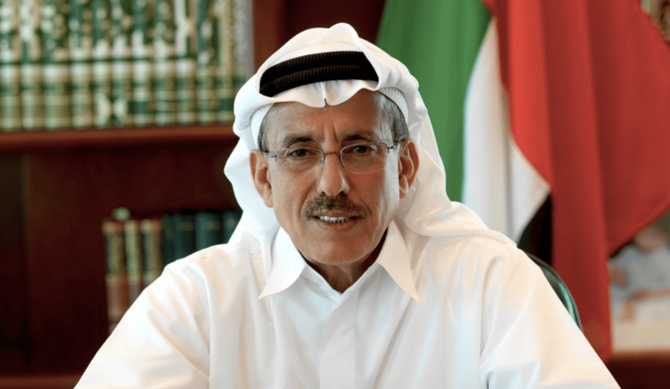DUBAI: UAE-based business conglomerate Al-Habtoor Group has abandoned its plans to reenter the Lebanese market, citing ongoing “unrest and instability” caused by armed militias.
In a statement issued on Tuesday, Khalaf Al-Habtoor, chairman of the group, explained that recent developments had deeply shaken his optimism.
“My team and I had been diligently preparing to launch new projects and expand existing investments in Lebanon, encouraged by promising signs such as the election of Gen. Joseph Aoun as president and the nomination of Nawaf Salam as prime minister. Both individuals embody integrity, credibility, and respect, instilling renewed hope among the Lebanese people — and investors like myself — for the country’s future,” the statement read.
However, he said that the continued dominance of armed militias, particularly what he described as “Shiite militias”, and the “absence of rule of law” have made it impossible for investors to proceed with confidence.
Tensions escalated with Hezbollah supporters holding rallies in Beirut, including in Christian-majority neighborhoods, further raising sectarian divisions. The protests followed the return of Shiite residents to southern Lebanon after a ceasefire between Israel and Hezbollah was recently extended.
In his statement, Al-Habtoor lamented the lack of decisive action from Lebanese authorities, including the army and the Ministry of Defense, in addressing these disturbances, noting that the situation was only worsening.
Unless the new government takes a firm stance against those working to destabilize the country, hopes for a “new Lebanon” will remain unfulfilled, he said.
Al-Habtoor clarified that the decision to pull out was made after careful analysis and close monitoring of the situation. As a result, neither he, his family, nor any group managers would be traveling to Lebanon.
Earlier this month, and following the wave of optimism that followed the election of President Aoun and Prime Minister Nawaf Salam, Al-Habtoor told Arab News in an interview that his group intended to move forward with plans to reopen its five-story mall in Beirut and relaunch the Habtoorland amusement park in Jamhour, contingent on Lebanon’s government delivering the promised security and stability measures.
The group, a multibillion-dollar global conglomerate, has diverse interests spanning luxury hotels, shopping malls, and more. As of January last year, its investments in Lebanon were estimated at around $1 billion.






















